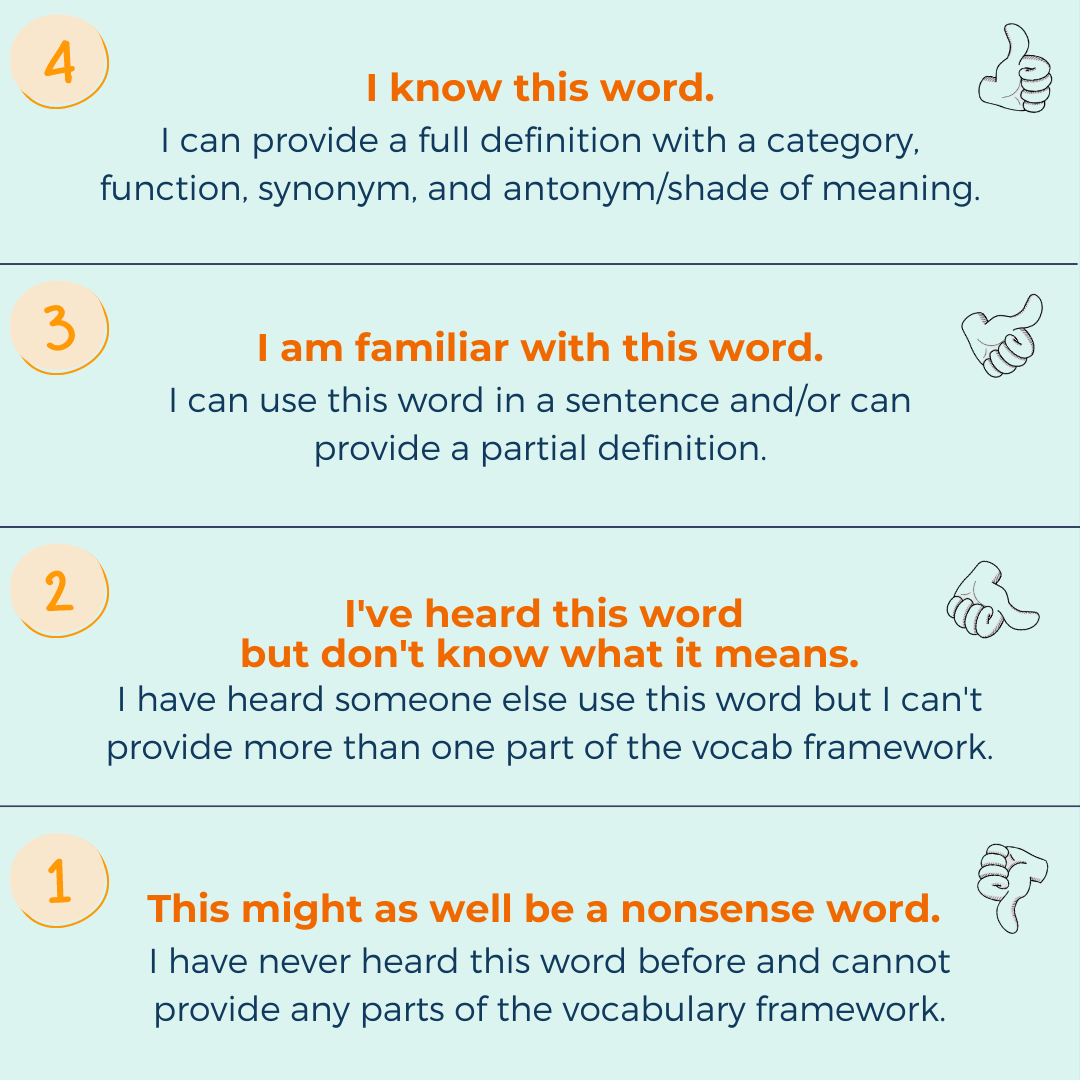Vocabulary is a crucial aspect of language learning and communication. It refers to the set of words that a person knows and uses in their daily life. A rich vocabulary not only allows individuals to express themselves effectively but also helps in understanding and interpreting the world around them.
Building vocabulary is a continuous process that involves learning new words, understanding their meanings, and using them in context. It is important to regularly expand one’s vocabulary to become a more proficient communicator.
Vocabulary Meaning
Simply put, vocabulary refers to the words that a person knows and uses. It includes both common words used in everyday conversation and more specialized terms related to specific fields or subjects. For example, a person’s vocabulary may include words like “happy,” “sad,” “love,” as well as more technical terms like “algorithm,” “marketing,” “psychology.”
Having a diverse vocabulary allows individuals to communicate effectively in various settings. It enables them to convey their thoughts, feelings, and ideas accurately, as well as understand and interpret the messages of others. A strong vocabulary is a valuable asset in academic, professional, and personal contexts.
One way to enhance vocabulary is through reading. Reading exposes individuals to new words and phrases, helping them expand their linguistic repertoire. Additionally, engaging in conversations, writing, and actively seeking out new words can also contribute to vocabulary development. Using tools like dictionaries, thesauruses, and vocabulary-building apps can further support this process.
Overall, vocabulary plays a crucial role in language proficiency and effective communication. By continuously learning and expanding their vocabulary, individuals can enhance their language skills and express themselves more clearly and confidently.
In conclusion, vocabulary is the set of words that a person knows and uses in their daily life. It is an essential component of language learning and communication, enabling individuals to express themselves effectively and understand the world around them. By actively building and expanding their vocabulary, individuals can become more proficient communicators and enhance their overall language skills.
